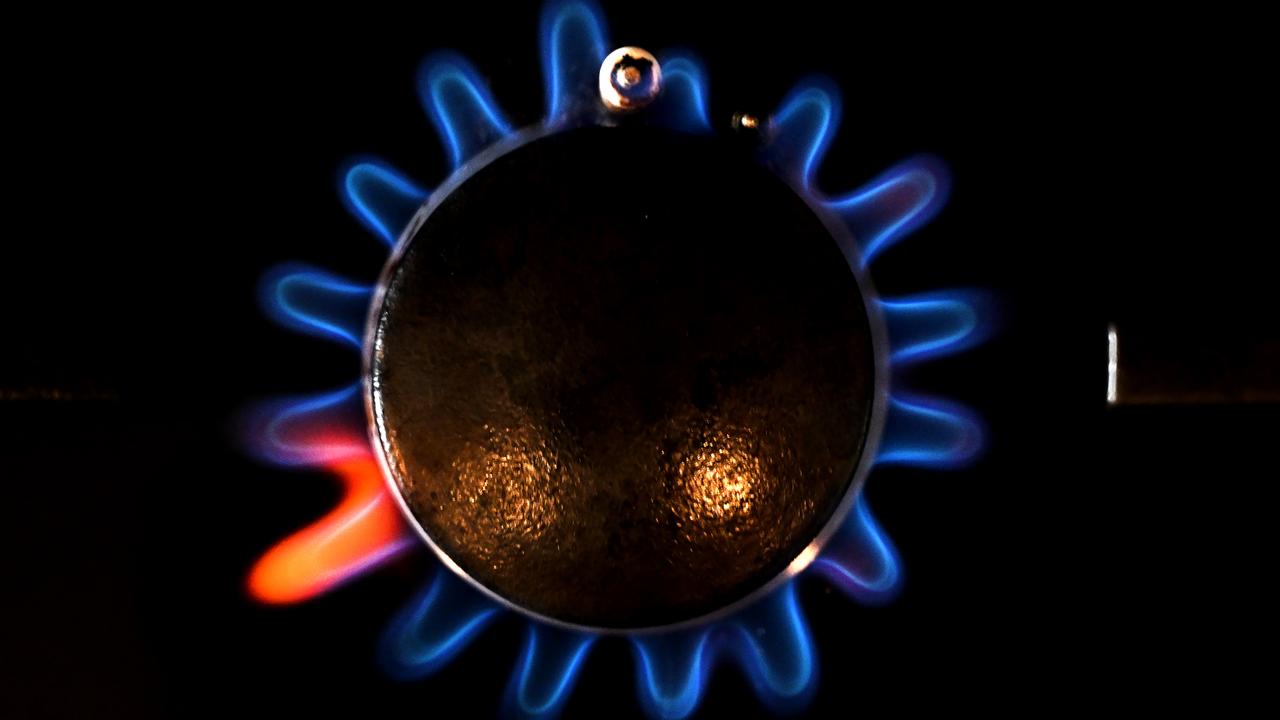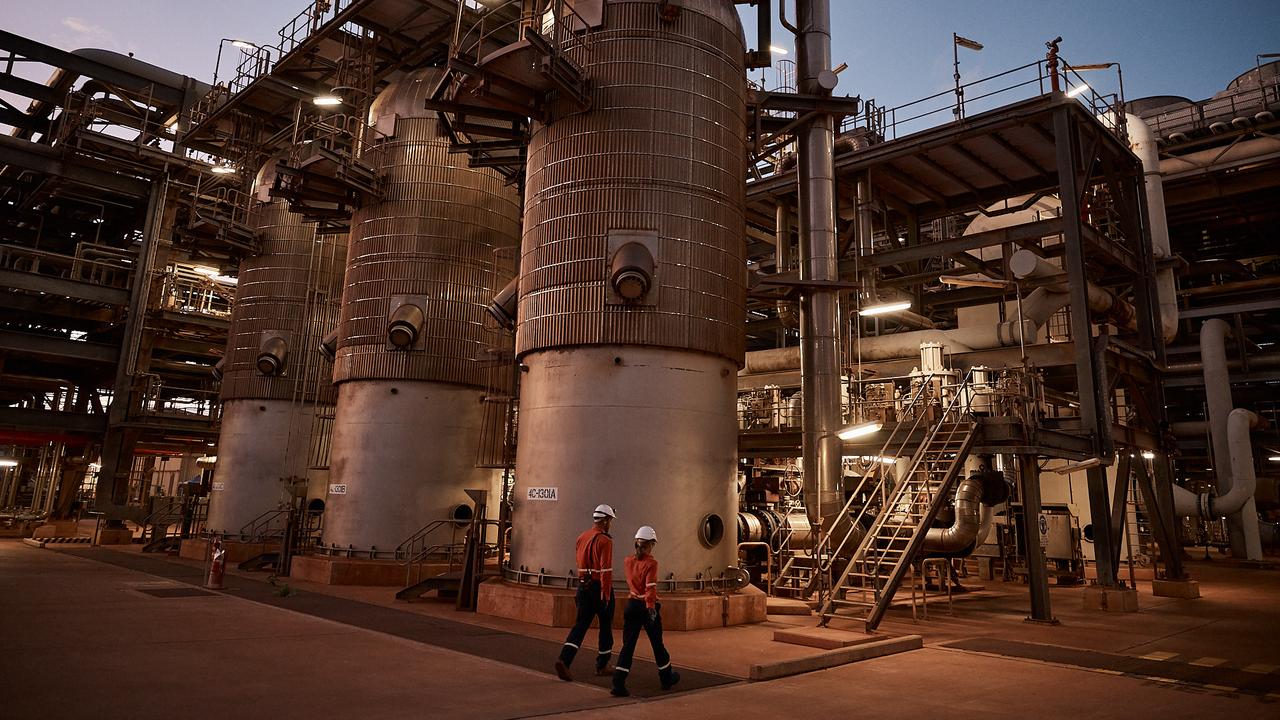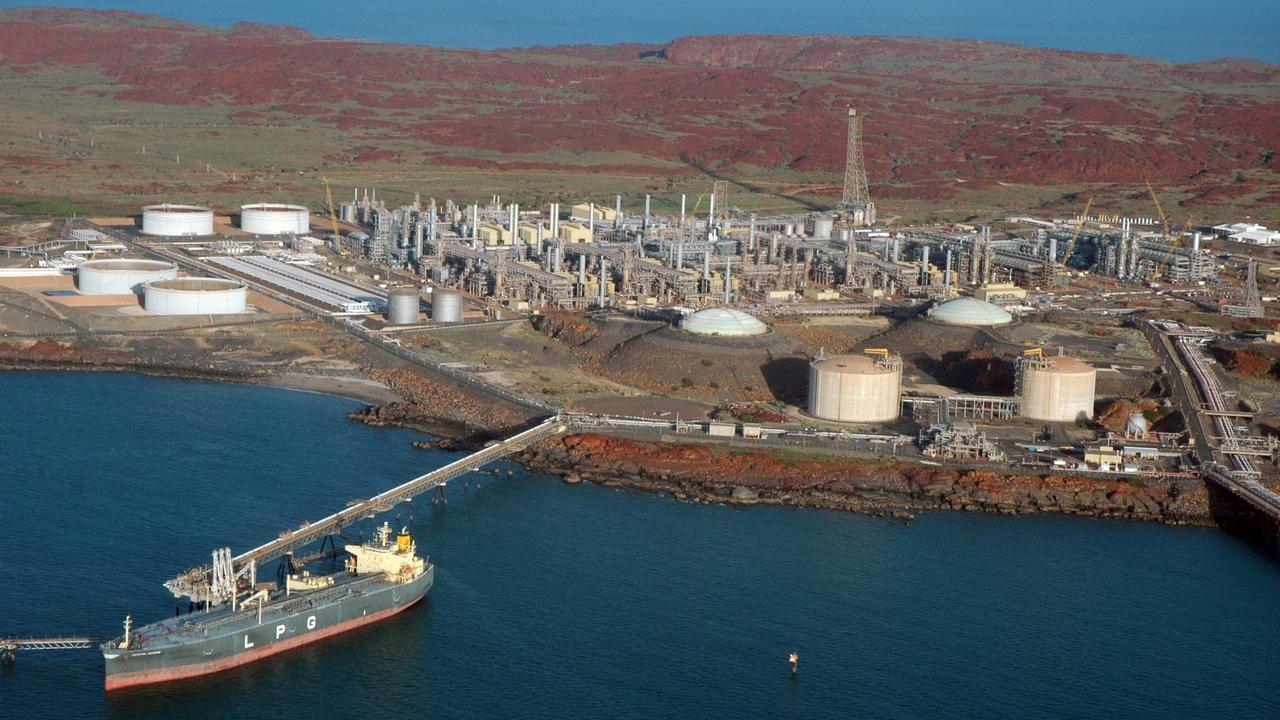
Australian gas production will flatten out for the rest of the decade as tough regulations and low-cost competitors scupper foreign investment in new projects, a research agency says.
Despite decisions such as the federal government's recent approval of Woodside's North West Shelf LNG extension project, Australia's capacity growth has lagged lower-cost, permissively-regulated peers like Qatar or the US, the BMI report found.
"In contrast, increasingly stringent environmental policies in Australia have weighed on upstream development and midstream LNG investment," the report said.
"Investment in midstream infrastructure has declined sharply in recent years, and national LNG capacity has been largely stagnant since the Prelude FLNG project was completed in 2020."

While natural gas remained key to Australia's growth strategy, exports, and government revenues, the industry was increasingly shaped by global market dynamics, domestic environmental priorities and project execution risks, BMI said.
Australia is on track to add about 5.0 million tonnes per annum of LNG capacity between 2025 and 2030, primarily from Woodside's Pluto LNG Train 2 project.
Aside from Pluto Train 2, no new projects are expected to reach final investment decision between now and 2030.
Beside tougher environmental regulations, the rise of lower-cost competitors had weakened the case for new gas development in Australia, directing current spending towards project expansions and backfill for existing plants.
Even worse for local producers, the advantage of Australia's proximity to key gas consumers in Asia was fading as regional trading partners opted for US gas in return for lower tariff rates, BMI found.

As Australian gas producers tumbled down the list of preferred suppliers, forward contracts would become harder to fill, leaving them exposed to the whims of spot market prices.
"As Australia is generally a higher-cost producer, it could be at a disadvantage amid a potential global supply glut driven by large capacity additions in the US, Qatar, Canada, Africa, Russia, and the Middle East," BMI said.
"Slowing demand growth compounds this challenge, increasing the likelihood that Australian producers will carry larger uncontracted volumes and greater exposure to the spot market."
Australian producers were increasingly signing supply contracts for smaller volumes and tighter time frames, as buyers opted for more flexibility which would increase suppliers' uncontracted exposure over time.
BMI, formerly Business Monitor International, is subsidiary of credit market data and financial analytics provider Fitch Solutions.







